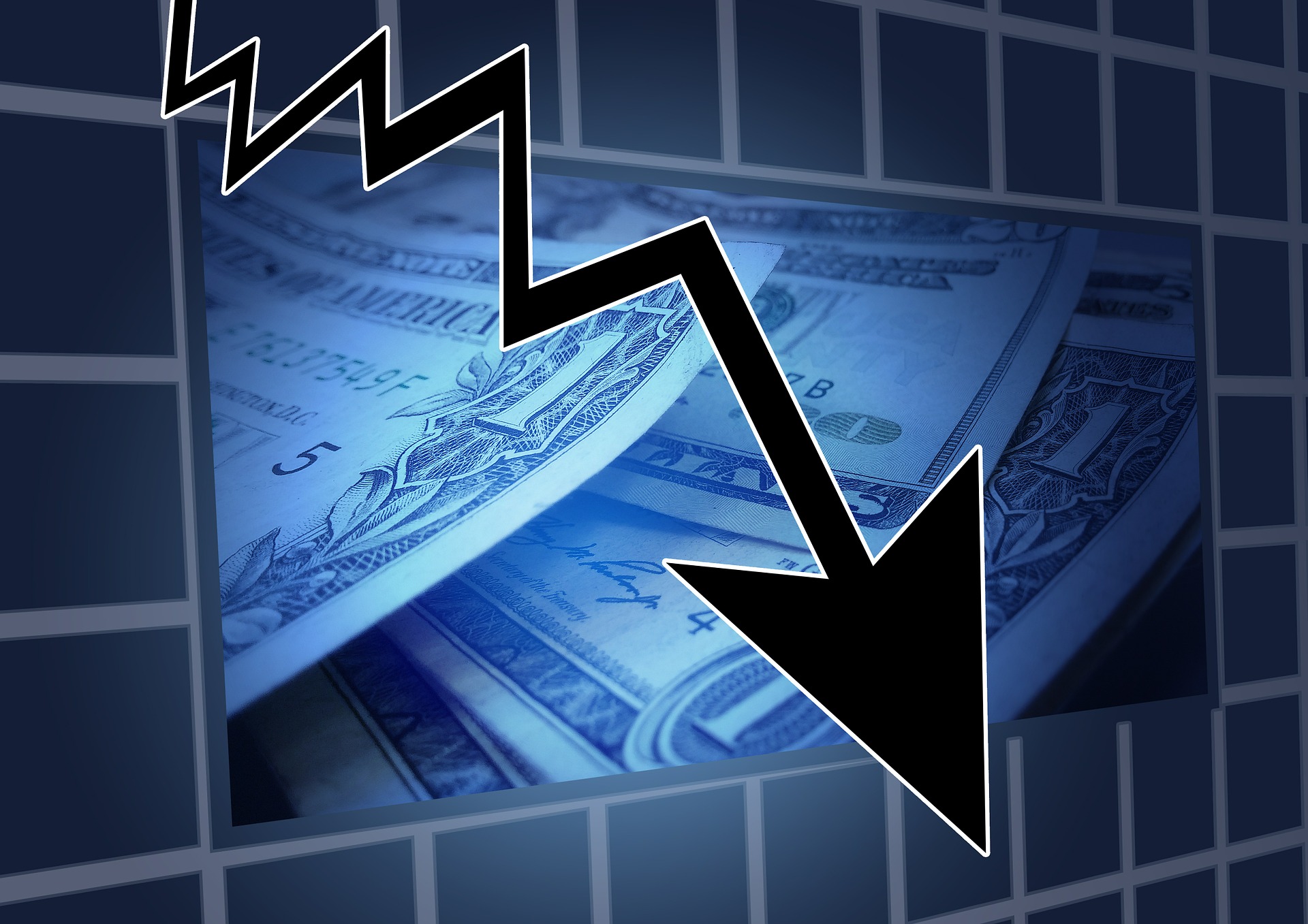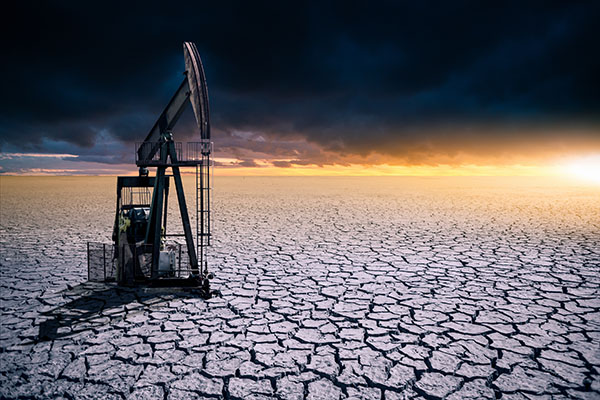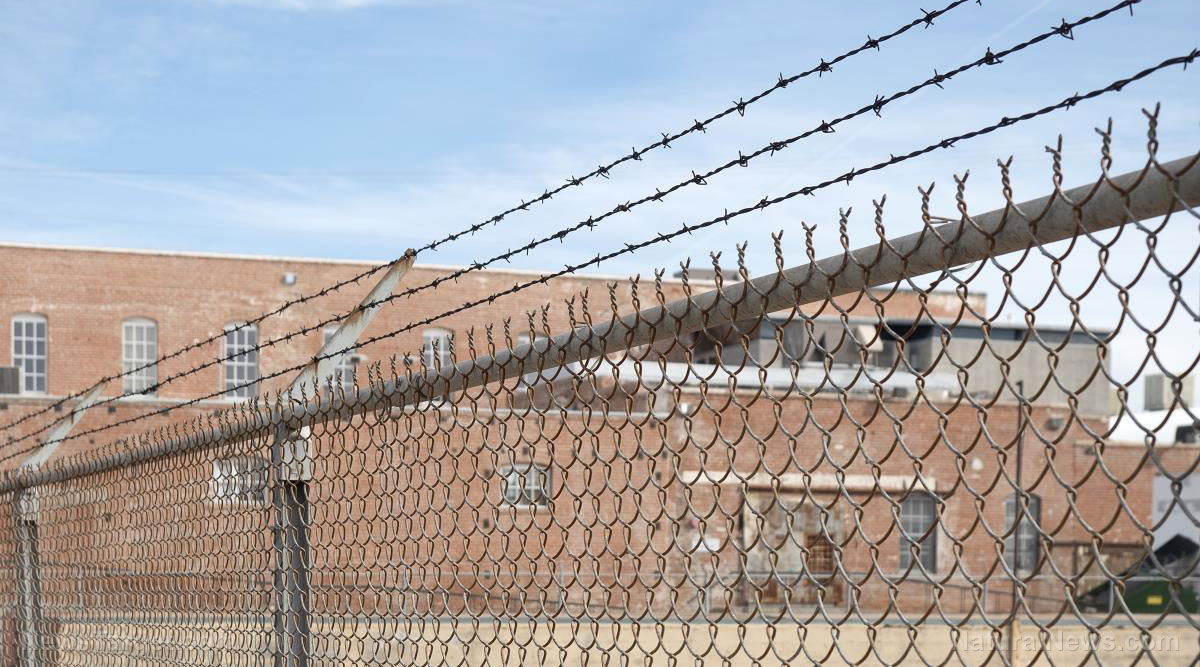Iraqi PM warns: Fighting between Israel and Hamas could disrupt Middle East oil supplies worldwide
10/27/2023 / By Belle Carter

Iraqi Prime Minister Mohammed Shia al-Sudani has warned that fighting between Israel and Hamas, which is on the brink of dragging other countries in the region, could disrupt Middle East oil supplies to international markets.
The crisis would “impact global security, escalate regional conflict, jeopardize energy supplies, exacerbate economic crises and invite further conflicts,” al-Sudani said at a peace summit in Cairo.
The prime minister also urged for a prisoner exchange and opposed evacuating civilians out of Gaza amid Israeli bombing. “The Palestinians have no other place but their land,” he said. According to him, the crisis could have been avoided if the United Nations Security Council resolutions against Israel’s settlement policies in Palestinian territory had been adhered to.
Analysts have been worrying about the possibility that Arab countries could cut off oil exports to the West in retaliation for the much publicized and anticipated Israeli ground offensive into Gaza, which was reportedly favored by President Joe Biden during his seven-hour visit in Tel-Aviv last week. Iranian Foreign Minister Hossein Amir-Abdollahian roiled energy markets on Oct. 18 when he called for Muslim countries to enforce an “immediate and complete” oil embargo on Israel. It is important to note that Hamas is backed by Iran, the world’s eighth-largest oil producer. Tehran can greatly disrupt markets even without backing from other major exporters for an embargo.
U.S. Sen. Lindsey Graham (R-SC) recently cautioned Iran that the U.S. military could strike its oil industry should any conflict intensify in the Middle East, which to some would only add fuel to the already burning fire. The lawmaker said he would propose a resolution to this effect, illustrating fears that the Tehran-backed Hezbollah could participate in the fighting between Israel and Hamas. During an appearance on NBC‘s “Meet the Press,” Graham criticized Hezbollah and called it a “proxy of Iran.” He alleged that a massive attack on Israel by the Lebanon-based militant group would pose an “existential” threat to the former.
Graham also warned that he could introduce a resolution in the Senate “to allow military action by the U.S. in conjunction with Israel to knock Iran out of the oil business.” “Iran, if you escalate this war, we’re coming for you,” he cautioned.
Meanwhile, International oil markets remain volatile, “which is definitely bad news for inflation,” International Energy Agency Executive Director Fatih Birol said. On Oct. 18, global oil prices already saw a surge amid fears that the Israeli-Hamas war could spill over to other regional countries in the Middle East, leading to global oil supply disruptions. Apart from geopolitical factors, oil prices also rose higher due to U.S. crude stocks falling by nearly 4.4 million barrels in the week that ended Oct. 13, much steeper than the 300,000 barrel drop that analysts had predicted.
Iraqi militia groups attack U.S. forces in Iraq and Syria
Reports said there had been a soaring number of attacks on American forces in Iraq and Syria over the past week following Biden’s declaration of full-throttled support to Israel in the war it is waging against the Palestinian Hamas militants in the Gaza Strip. (Related: Despite providing limitless military aid and “unconditional support” to Israel, U.S. admits it has NO PLAN for what comes next.)
The Islamic Resistance in Iraq, a network of shadow Iraqi militia groups backed by Iran and affiliated with the Islamic Revolutionary Guard Corps (IRGC), has claimed responsibility for most of the attacks on U.S. troops in Iraq and linked their attacks to the U.S. support for Israel.
Al-Sudani has already issued orders for Iraq’s security forces to protect diplomatic missions and tighten security measures around their embassies. Earlier this week, al-Sudani denounced the repeated strikes on bases hosting U.S. troops. He pointed out that the American troops are in the country upon an official invitation from the Iraqi government to support and train security forces in the fight against the Islamic State (ISIS). Before the prime minister’s reaction, the U.S. updated its travel advisory to warn its citizens against traveling to Iraq.
Meanwhile, U.S. Secretary of State Antony Blinken urged al-Sudani to go after the attackers of U.S. bases and troops in Iraq. “The secretary urged the prime minister to pursue those behind the attacks and fulfill Iraq’s commitment to maintain the security at the installations,” said U.S. Department of State spokesperson Matthew Miller.
Head to WWIII.news for the latest news on the escalating crisis in the Middle East.
Watch Russian President Vladimir Putin tackling the ongoing conflict in Gaza with Iraqi Prime Minister Mohammed Shia al-Sudani below.
This video is from Cynthia’s Pursuit of Truth channel on Brighteon.com.
More related stories:
Iraq to BAN cash withdrawals and transactions in U.S. dollars starting next year
FBI warns: Hamas or other terrorist groups could attack United States.
Sources include:
Submit a correction >>
Tagged Under:
Bubble, Collapse, energy supplies, energy supply, fuel supply, Gaza, geopolitical tensions, global oil prices, Hamas, Hezbollah, immediate ceasefire, Inflation, Iraq, ISIS, Israel-Hamas war, Mohammed Shia al-Sudani, oil embargo, oil supply, Palestinians, prisoner exchange, risk, supply chain warning, UN Security Council
This article may contain statements that reflect the opinion of the author
RECENT NEWS & ARTICLES
COPYRIGHT © 2017 RISK NEWS



















